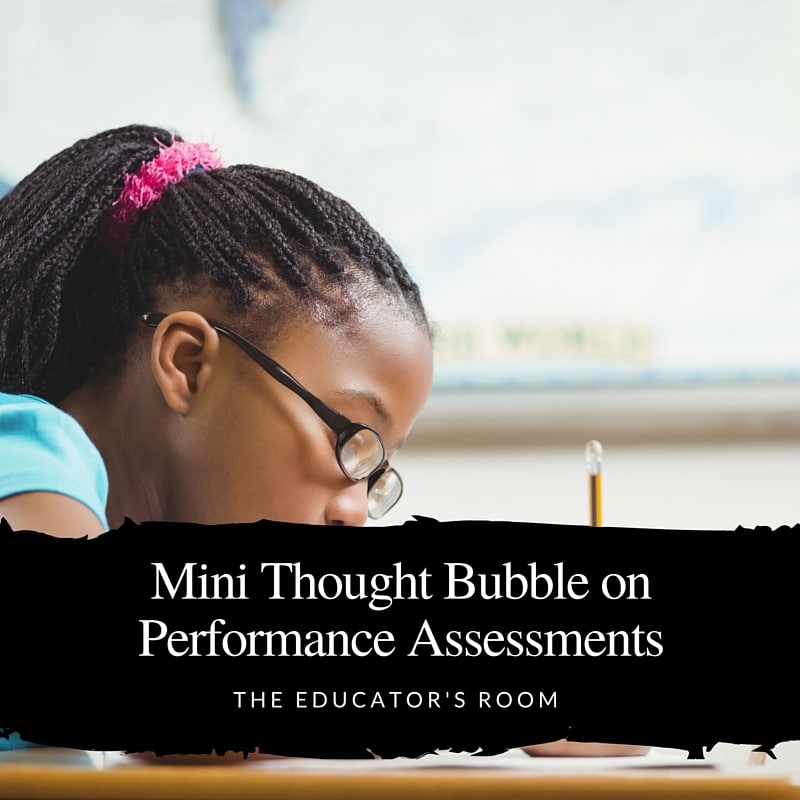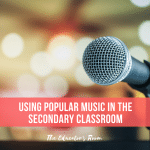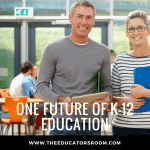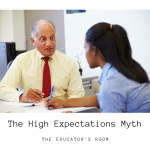I recently returned from the Deeper Learning conference for educators in California with my mind imploding from an abundance of ideas. The three-day conference hosted at High Tech High in San Diego presented a broad exploration of equity framed in student experiences that shape education today and tomorrow. Usually, my conference euphoria ends up like a dusty book on a shelf in the backroom promises of someday. But this conference involved me, engaged me, presented me with ideas and systems for instilling the growth mindset. Currently, I am home practicing the targets for learning for the last planned units of the year. I find that simple practice of enhancing student empathy has in one week , improved student engagement.
Establishing long-term learning targets is a crucial step in helping all students succeed in any subject but it took our team from Vermont, a day-long workshop to analyze our own practices, lesson by lesson to ascertain if targets matched performance assessments. I was surprised to realize that this synergy was often lacking. For example, if the target is to identify countries of the world, a proper performance could be to have students tag specified places on a blank map. However, a different assessment needs to be developed if the student wishes to understand how living in Cameroon would compare with living in California. That student input and the discussion for how they wish to demonstrate that comparison has an added value not present in much of our practice.
Student input combined with an educator’s expertise in designing learning strategies can present unique pathways for learning. Simultaneously an educator can supervise and document standard targets for learning. Currently, all students graduate from our school by achieving a set number of credits in set fields of study culminating over four years. The change in Vermont’s standards for graduation relies on Personalized Learning Plans (PLPs) which specify skills and proficiencies instead of fields of study. In this mode of learning, if a literacy skill targets understanding Greek tragedy as compared to other forms of drama the outcome could be the option of writing and performing that theatrical piece.
The process of analyzing performance assessments left me wondering more and more about the values of student initiative. I teach lessons that revolve around discussion and debate but admittedly I did not see examples of strong student empathy in my own practice. My upcoming unit on post-war construction of nations involves research and redesign of infrastructures that would improve qualities of living. Lessons in empathy caused me to consider piloting an alternative approach. I presented the unit template and the assessment rubric but removed the values assigned in lieu of customizing them with student input. The first lesson frames the empathy. I had students sketch infrastructures they were accustomed to seeing in their bedrooms or spaces where they currently sleep. I then had students engage in peer to peer dialogue describing their ideal sleeping space or an adjoining annex. Each listened and made notes sketching this dream space for the other peer. No one was off task, no one asked to be excused and conversations swarmed around design, expectations, and fantasies. Overall, students saw great value in being able to describe their wants and needs to someone else who developed that prototype. When I brought the class conversation back to the project of design for real-world infrastructures the eagerness to begin led to proposed research plans that I had not considered.
Empathy could not remain a singular experience. In consideration of the Deeper Learning conference, I implemented another change in a daily lesson. I continued to engage students in brainstorming the benefits involved in developing both physical and social infrastructures. If social infrastructures focus on laws and customs that a society affords we could test this by beginning with the context of the individual. I instructed students in sketching identity maps, linking skills, and elements of their character. Dividing classmates into inner circles with students matched standing in an outer circles is called a paseo. Student take turns speaking or actively listening for one minute each. Then without discussion or questions they thank each other and move in counter fashion standing before a different student. A new prompt is offered and on it continues. The class stood outside in the foyer with a light rain falling. I kept a focus on our timer catching snippets of conversations. Students were sharing deep and poignant ideas with peers about who they are and who they hope to be. Students remarked that this was the first time in a long time that they felt they were heard. In the classroom, I gathered their reflections in a digital polling app and guided this assessment towards evaluating how our current Bill of Rights protects ideas and experiences of Americans. We then considered what social constructs would be necessary for in the world for others to experience similar joys. When I floated the idea that a final project could revolve around improving social infrastructures I saw “aha” moments for a few individuals.
Performance assessments, long-term learning targets have a new meaning for me as an educator. I had the time to set aside everything I already know, and all distractions in my daily world to listen and model and change my practice. The addition of empathy and considerations of student input is not dissuading us from traditional learning targets currently in place. What surprised me was how efficiently students continued to learn even with the additional lessons focusing practices on empathy. Even if students achieve no more than they have before, at least I have also achieved more opportunities for them to practice saying aloud what they already believe. This is the right step towards implementing ebullience into reality on a deeper level thanks to inspirations from my west coast peers
But do not just take my word. Here are links to blog posts by colleagues who shared this experience- Lori Lisai & Susan Hennessey







